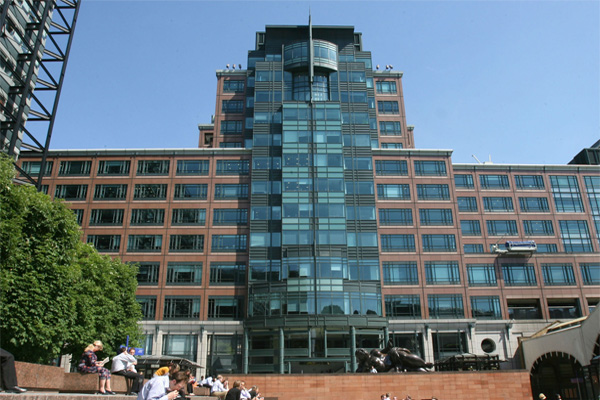
The Bank’s Board of Governors approved the capital increase in the context of their overall endorsement of the Bank’s strategy for the period 2011-2015.
As a result, the Bank’s capital will rise to €30 billion from €20 billion, via a temporary increase in callable capital of €9 billion and a transfer from reserves to paid-in capital of €1 billion. Currently €5 billion of capital is paid-in and €15 billion is callable and the Bank’s reserves stand at around €6 billion.
Announcing the capital increase, French Finance Minister Christine Lagarde, the Chair of the Board of Governors at this year’s EBRD Annual Meeting in Zagreb, said: "I would like to stress that this capital increase is innovative in at least two ways: firstly, it combines a rise in callable capital of €9 billion with a transfer of €1 billion of reserves to capital and secondly, it includes provisions to review the use of this capital after five years.
“I am very happy that the EBRD is demonstrating an exemplary sense of responsibility in the utilisation of its resources.”
EBRD President Thomas Mirow added: “I would like to thank the shareholders for this resounding endorsement of the EBRD’s support for the region both during the crisis and as it works with the countries where it invests to prepare for an economically sound and prosperous future.”
The EBRD’s strategy for the next five years envisages a continued high demand for the Bank’s investments as other sources of financing are expected to remain well below pre-crisis levels in the foreseeable future.
Increased Bank investments over the coming period will seek to draw on lessons learnt during the crisis, helping to meet new challenges under a New Growth Agenda for the region.
The New Growth Agenda, as proposed by President Mirow, aims specifically to address economic vulnerabilities that were unmasked in the region during the crisis, particularly imbalances such as the mismatch between external and domestic sources of financing, the continuing lack of diversification within the economies of the region and the need for a strong focus on energy efficiency to boost competitiveness and achieve low-carbon growth.
During the Annual Meeting in Zagreb, the EBRD will unveil a broad initiative, coordinated with commercial banks, regulators and other International Financial Institutions, to help accelerate the development of local currency and domestic capital markets.
Via its investments in the corporate sector, the EBRD will also support the further diversification of economies, helping to reduce some countries’ dependence on raw materials or a limited number of product groups, while at the same time aiming to add value to the overall product offer and also seeking to boost the development of small and medium-sized enterprises.
In the broader context of investments over the next five years, there will be a significant focus on tackling energy efficiency, climate change and helping to ensure energy security as well as accelerating transition in the infrastructure sectors.
The capital increase will allow for annual investments of €9 billion from 2010 to 2012 and of €8.5 billion in each of the following three years. The EBRD invested a record €8 billion in 2009.
The EBRD is therefore expecting to invest over €50 billion from 2010 up until the end of 2015, more that the total amount the Bank had previously invested since its inception in 1991. Including linked investments from commercial and other partners that could bring the total amount of EBRD-led financing to the region to €150 billion for this period.